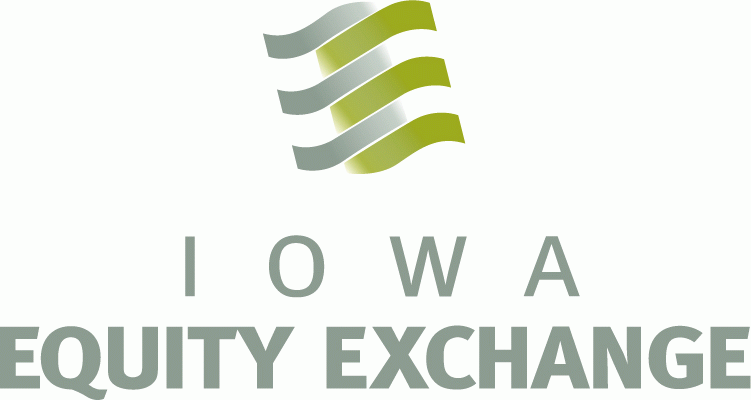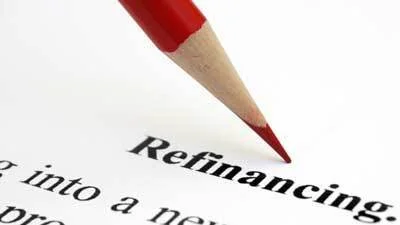REFINANCING BEFORE OR AFTER AN EXCHANGE
The primary objective of most Section 1031 exchanges is to move an investment from one property to another without incurring a tax liability. In other words, take your money out of this property and put it into that property and pay no capital gain tax. By following the rules and regulations of Section 1031 properly, an investor can accomplish that without having a capital gain tax bill.
Occasionally someone we work with will ask a question like this: "How about if I refinance my property and pull cash out, then exchange into another property? Borrowed cash is tax-free, right?" The answer is yes, most of the time. However, if an investor refinances close to the date of a sale and then proceeds into an exchange, the IRS would likely reclassify the refinance proceeds as a step transaction resulting in boot being taken out of the exchange (and therefore demand that tax be paid). It is best to avoid refinancing shortly before an exchange.
When contemplating a refinance after the purchase of the replacement property, care must be taken so that no commitments for a refinance are obtained prior to that closing. After the closing takes place, a refinance of the replacement property should be untouchable; if an independent business purpose for the refinance exists, so much the better.
It's safe to say that the more time that passes between the refinance and the sale (in the case of a relinquished property) or the purchase and a refinance (in the case of a replacement property), the better.
As always, it is critical to discuss matters such as this with your tax advisor for specific advice for your circumstances and plans. Please feel free to ask us any questions on this topic as well as any other exchange-related topics.
© IOWA EQUITY EXCHANGE


